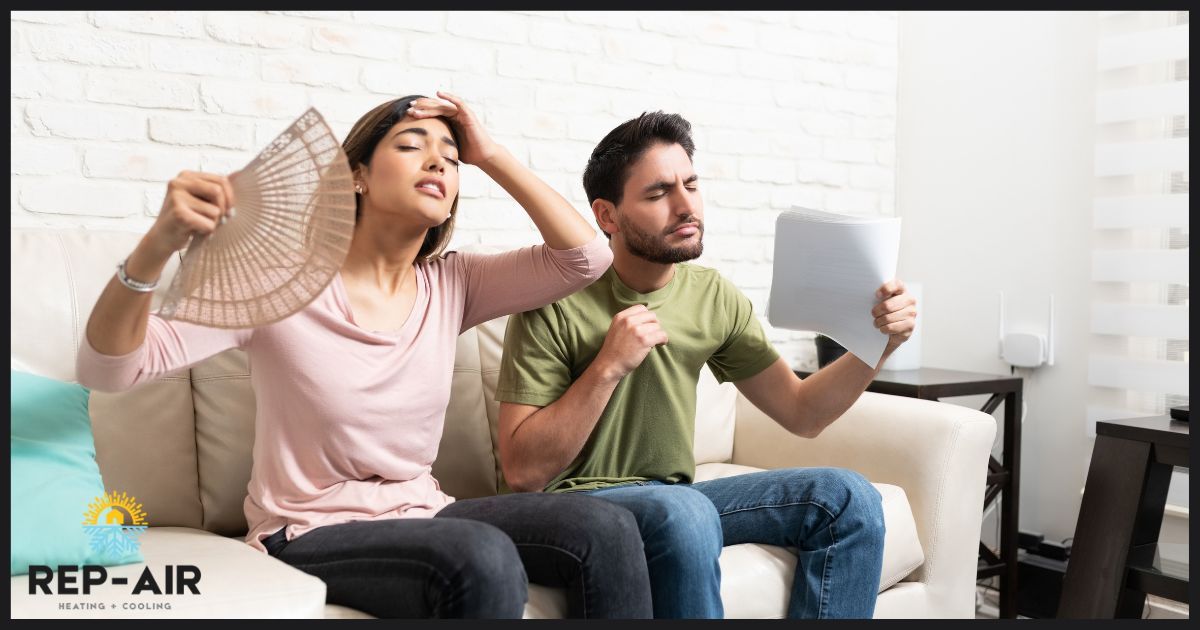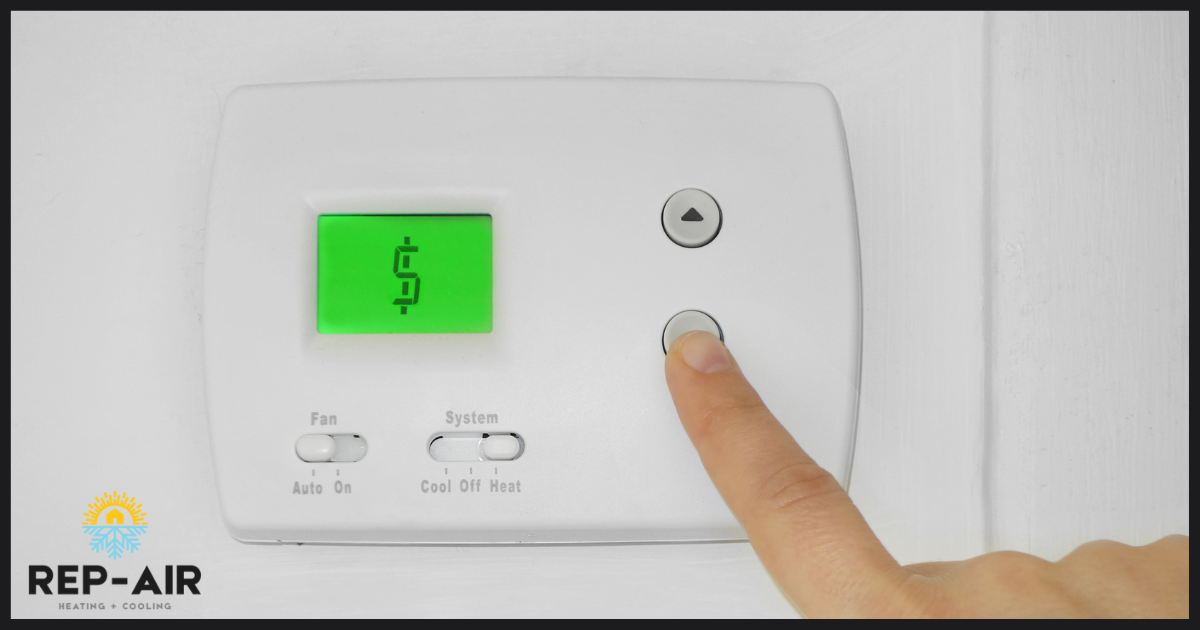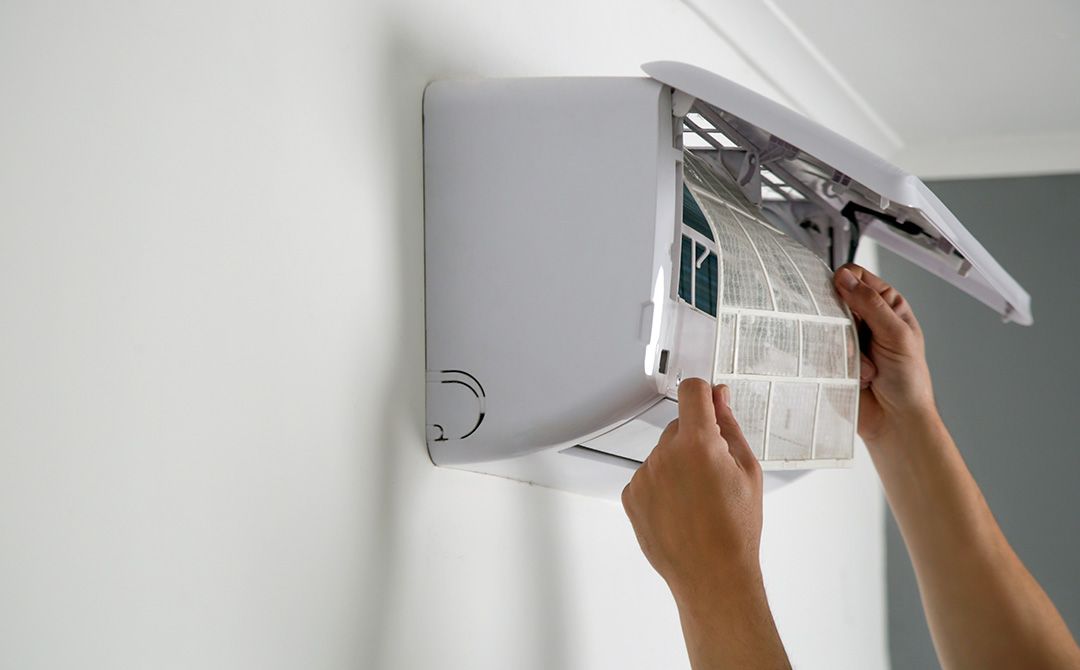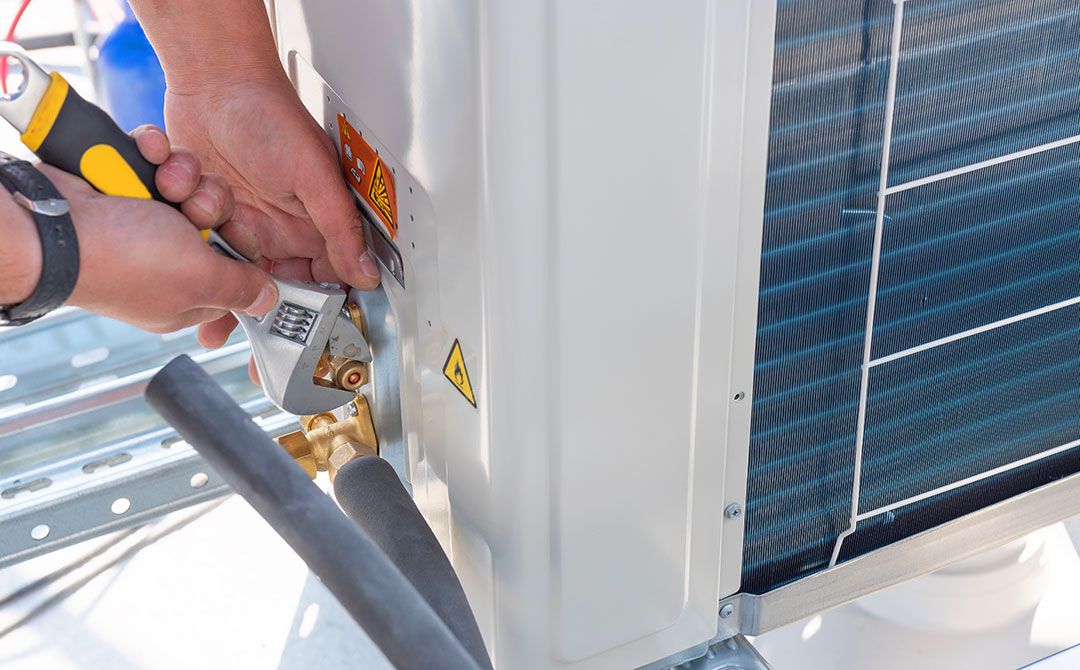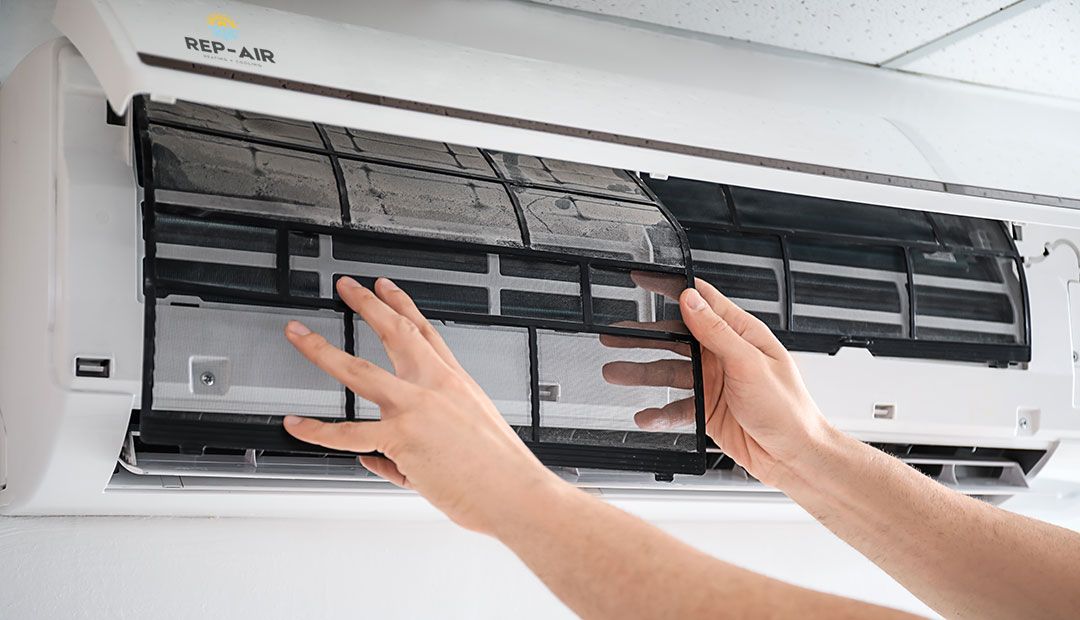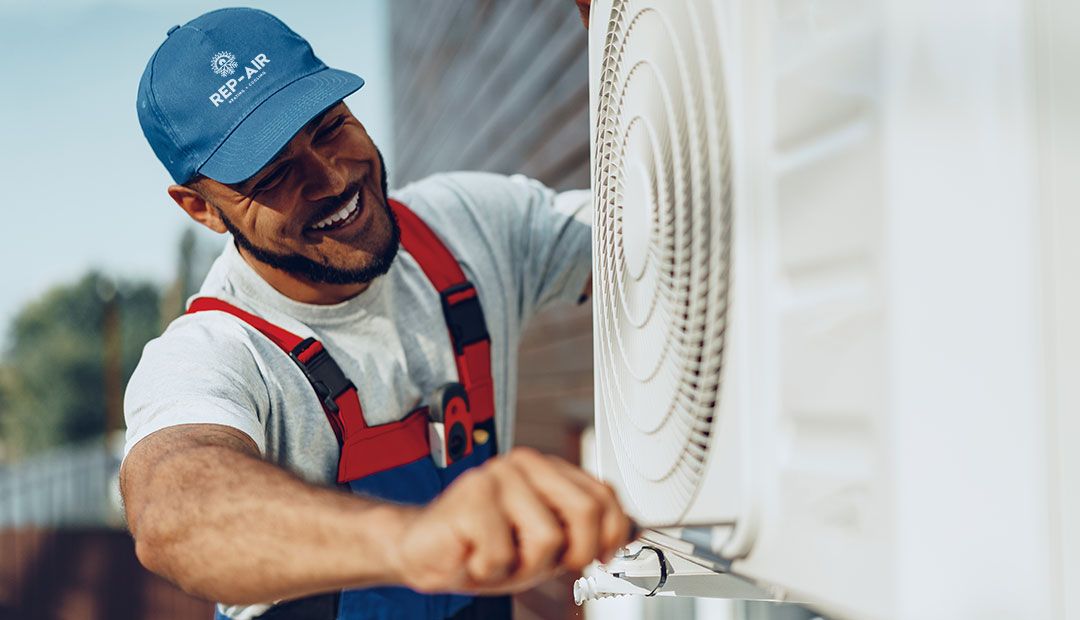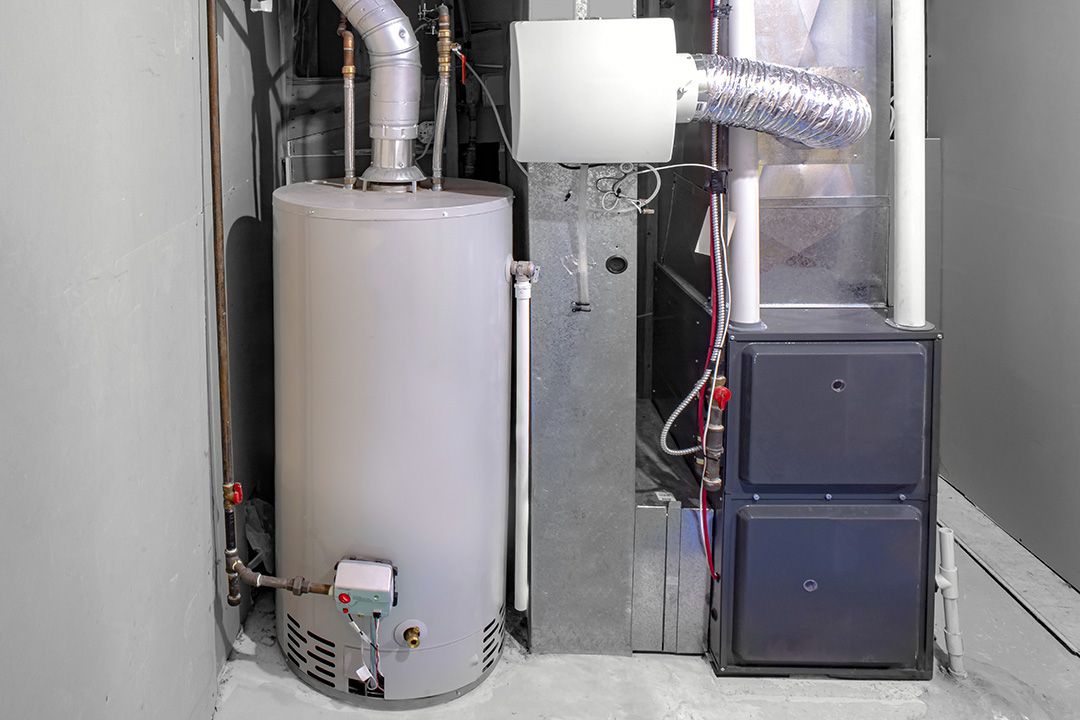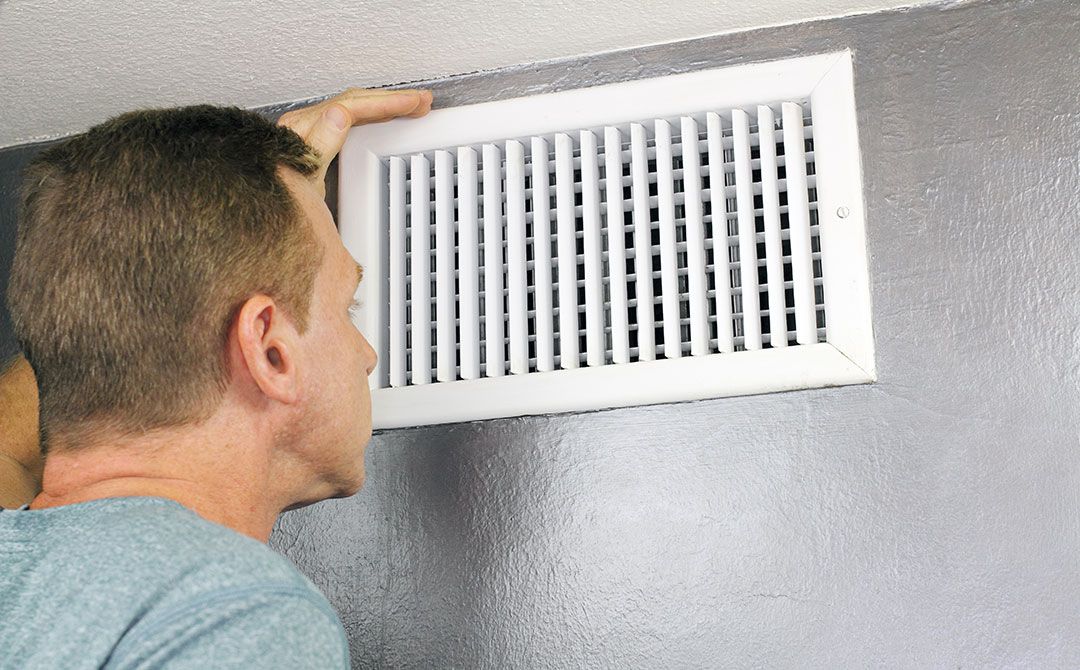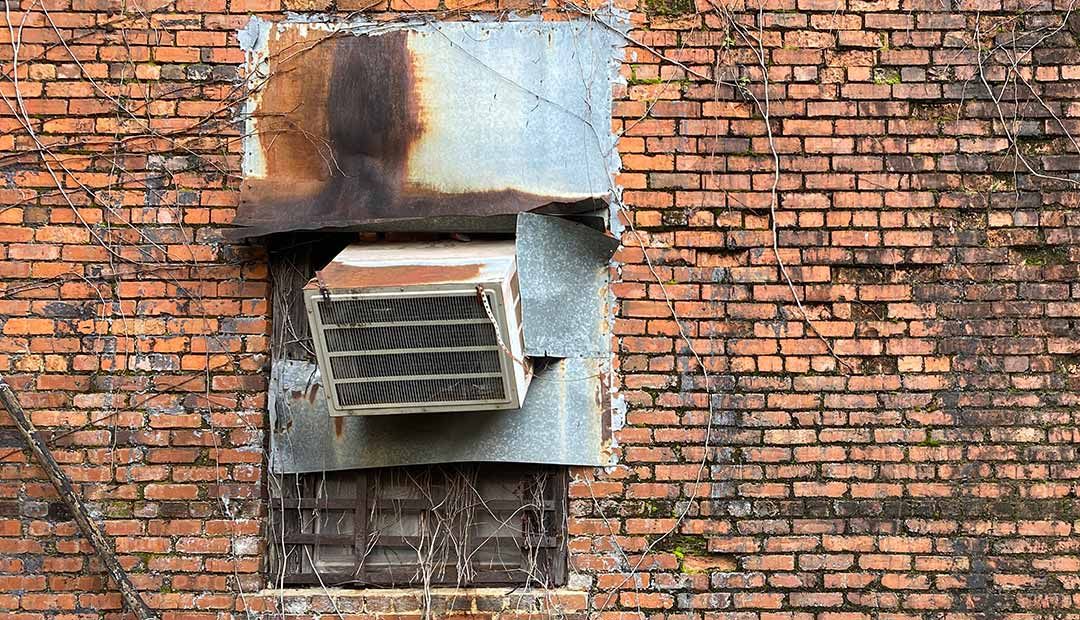Why Is My Air Conditioner Not Blowing Cold Air?
Days are heating up here in Mission, BC, and you need to have a reliable air conditioner to combat the heat. Your air conditioner works harder in the summer months to keep up with the harsh temperature summer brings. An underlying issue and an overworked air conditioner is a recipe for a breakdown or repair. In this blog, we have listed potential reasons to explain why your air conditioner is not blowing cold air.
AC Blowing Warm Air?
Below are 5 of the most common problems that may explain why your AC is acting up. Give us a call to help repair your air conditioner and ensure your comfort again!
- Thermostat Issues
- Leaking Refrigerant
- Dirty Or Clogged Air Filter
- Dirty Condenser
- Broken Compressor
1. Thermostat Issues
If your air conditioner is not blowing cold air, first check your thermostat. Ensure that your thermostat is up and running. If it is, check if it’s set correctly. It should be set in the “cool” setting and read your desired temperature. If your thermostat seems to be working properly and in the correct settings, it may be a communication issue.
2. Leaking Refrigerant
Refrigerant is a chemical compound that helps your air conditioner cool down air by absorbing the heat from the inside of your home and pumping it outside. When a leak is present, the refrigerant is unable to absorb that heat, stopping or decreasing the amount of warm air that is pumped out of your home. A leak can occur through:
- Age-related wear and tear
- Formicary corrosion, which is when the Formaldehyde gas used by the refrigerant creates holes in the copper tubes of your AC
A leak shouldn’t be taken lightly as it could cause more issues with your unit. If you notice or suspect that your refrigerant is leaking, contact your Rep-Air technician for a quick and affordable fix.
3. Dirty Or Clogged Air Filter
As most homeowners know, changing your air filter is essential to air conditioner efficiency and should be done regularly. Failing to do so can cause a clogged air filter, which restricts the airflow in your home. Below are factors that contribute to a clogged air filter:
- Dust particles
- Pet dandruff
- Certain cooking or beauty products fumes
- Indoor moisture
Ensure your home has a clean air filter if your unit is blowing warm air.
4. Dirty Condenser
The portion of the air conditioner that collects heat is called a condenser. The condenser is located on the outside of your air conditioner, which means it is exposed to outdoor elements. Dirt and debris such as grass clippings and leaves can easily enter and interfere with your system. When the condenser gets dirty, your air conditioner works twice as hard, because it reduces its ability to transfer heat to the outside air. Luckily, a dirty condenser can be easily cleaned with soap and water by gently removing the dirt with a cloth. If your condenser is prone to dirt and you find yourself having to constantly clean it, you might want to invest in a weatherproof cover when it’s not being used.
5. Broken Compressor
The compressor is the heart of your AC system. It transports refrigerant between the indoor and outdoor units. Too much or too little refrigerant can lead to a broken compressor, because it creates too much pressure and causes it to strain.
Contact a Rep-Air Technician
We understand how frustrating and uncomfortable it is when your air conditioner is broken. Give us a call at 1-778-728-1476 with any questions regarding your air conditioner blowing warm air. We are here to help keep you cool and comfortable this summer!

